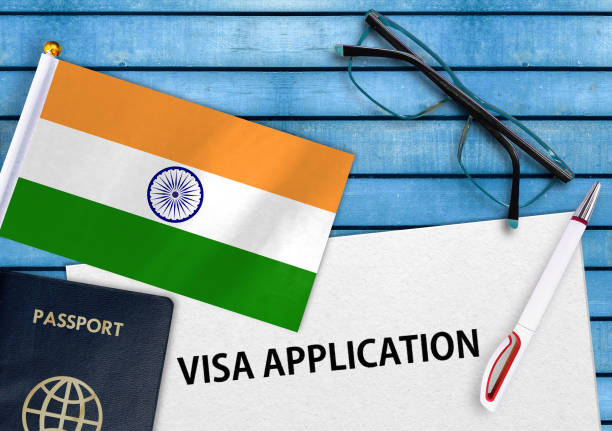Traveling to India can be a daunting experience for many, especially if you don’t know the local visa regulations. If you’re a Hong Kong or Irish citizen looking to visit India, this article is here to help! We’ll break down all the information you need to know – from what kind of visa you need, to how long it takes and more – so that your trip will be as stress-free as possible!
What is an Indian Visa?
An Indian Visa for Brazilian Citizens are an official document issued by the Government of India that allows a foreign national to enter and exit India. Foreign nationals must obtain a visa before travelling to India.
Indian Visas are categorized into different types, depending on the purpose of travel. The most common type of visa for tourists is the e-Tourist Visa (eTV), which allows for a maximum stay of 60 days in India. Other types of visas include the Business Visa, Student Visa, Employment Visa, and Medical Visa.
The process of applying for an Indian Visa can be completed online or at an Indian consulate or embassy. For Hong Kong and Irish citizens, there are special requirements for applying for an Indian Visa.
Hong Kong citizens must have a valid passport with at least six months’ validity from the date of arrival in India, and they must also have a return ticket to Hong Kong. They can apply for an eTV visa online or at the nearest Indian consulate or embassy.
Irish citizens must have a valid passport with at least six months’ validity from the date of arrival in India, and they must also have a return ticket to Ireland. They can apply for an eTV visa online or at the nearest Indian consulate or embassy. Indian Visa for Chinese Citizens
How to Apply for an Indian Visa
If you’re a Hong Kong or Irish citizen planning to visit India, you’ll need to apply for a visa in advance. The process is relatively simple, but there are a few things to keep in mind.
First, you’ll need to fill out an online application form. Be sure to include all of the required information, such as your personal details, travel itinerary, and passport information. You’ll also need to upload a recent passport-style photo.
Next, you’ll need to pay the visa fee. This can be done online via credit card or bank transfer. Once your payment has been processed, you’ll receive an email confirmation.
Finally, you’ll need to submit your application form and supporting documents by post or courier. Once your application has been received and processed, you’ll receive your visa by email.
That’s it! Just follow these simple steps and you’ll be on your way to India in no time.
Frequently Asked Questions
1. What are the requirements for an Indian visa?
2. How long does an Indian visa application take to process?
3. How much does an Indian visa cost?
4. Can I get an Indian visa on arrival?
5. Do I need a separate visa for each city I plan to visit in India?
6. How long is an Indian visa valid for?
7. Can I extend my Indian visa while I’m in the country?
8. What happens if my Indian visa expires while I’m still in India?
What are the Benefits of an Indian Visa?
There are many benefits of an Indian visa for Hong Kong and Irish citizens. For starters, it allows them to visit India for business or pleasure without the need for a separate visa. Additionally, an Indian visa also provides holders with multiple entry and exit options, as well as the ability to stay in India for up to six months at a time. Finally, having an Indian visa also allows holders to apply for an e-Visa, which is a simpler and faster process than applying for a regular visa.
Alternatives to an Indian Visa
There are a few alternatives to an Indian Visa for Hong Kong and Irish citizens. The first is to apply for a business visa. This can be done by providing proof of business ties to India, such as an invitation from an Indian company. The second alternative is to apply for a tourist visa. This can be done by providing proof of travel plans and hotel bookings. The third alternative is to apply for a student visa. This can be done by providing proof of admission to an Indian educational institution.
